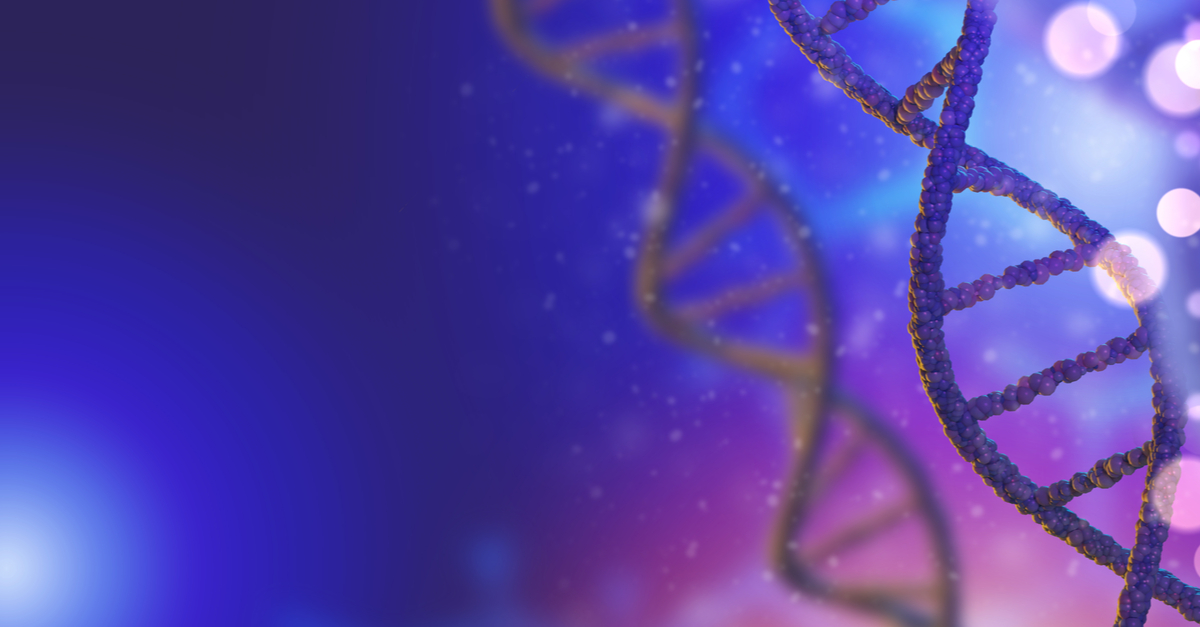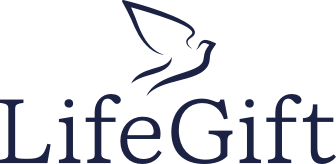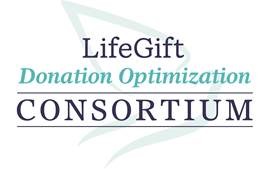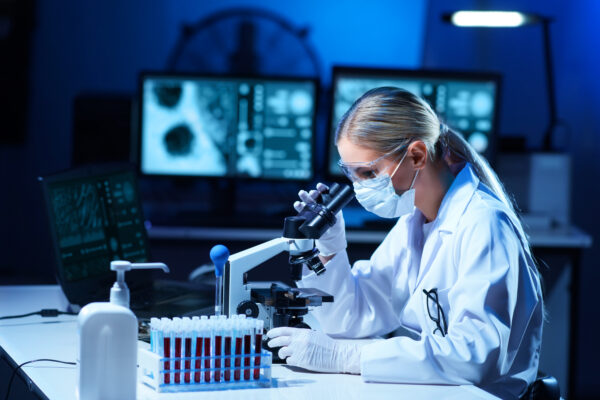NDRI Announces Organ Procurement Organization Partnerships and Program Manager for the Somatic Mosaicism across Human Tissues (SMaHT) Network
February 7, 2024
The National Disease Research Interchange (NDRI) is pleased to announce its recovery network and program manager for the Somatic Mosaicism across Human Tissues (SMaHT) Tissue Procurement Center. The SMaHT Network is an NIH Common Fund initiative that will provide the first comprehensive public resource for analyzing genetic variation due to somatic mosaicism in human tissues from all developmental layers in the human body.
NDRI, in collaboration with the University of Maryland School of Medicine and Johns Hopkins All Children’s Hospital, serve as the Tissue Procurement Center (TPC) for the SMaHT Network. The five-year, $14.4M award is funded by the Office of the Director, at the National Institutes of Health. The TPC is charged with providing tissue samples for experimental analysis and leading the Ethical, Legal, Social Implications (ELSI) study for the SMaHT initiative.
NDRI’s Organ Procurement Organization (OPO) partnerships for the SMaHT Network will include the Gift of Life Donor Program (Philadelphia, PA), ConnectLife (Williamsville, NY), and LifeGift (Houston, TX).
“The opportunity to participate in the SMaHT initiative aligns with LifeGift’s mission of supporting medical advancement through the recovery of organs and tissues for clinical research,” says Kevin Myer, President and CEO of LifeGift. “We are excited to be a part of this groundbreaking project and to continue to impact lives through medical innovation.”
NDRI and these OPO collaborators will support the advancement of SMaHT by providing a comprehensive network to screen and identify eligible donors across their diverse donor service areas to meet the objectives of the SMaHT Network.
“For more than 25 years, ConnectLife has been committed to helping donors and their families leave a meaningful legacy through donation to research with NDRI,” says Kevin Gramlich, CEO of ConnectLife. “We are thrilled to be part of the Somatic Mosaicism Across Human Tissues project and have high hopes that we can continue to play a role in investigating new treatments and cures for an array of diseases.”
Overseeing the SMaHT TPC’s efforts will be Dr. Kathryn Leonard, PhD. As Program Manager, Dr. Leonard will be responsible for the management of the OPO network and the development of the SMaHT biorepository.
“I am thrilled to join NDRI and help connect the brilliant researchers in the SMaHT Network to the essence of life, human tissues,” says Dr. Leonard. “Together, we bridge the gap between potential and discovery, unlocking the secrets within each specimen to advance scientific frontiers.”
Prior to joining NDRI, Dr. Leonard served as a project manager at the American Association for Cancer Research (AACR), the world’s largest professional association related to cancer research. She received her doctorate in biomedical sciences from Wright State University and completed her postdoctoral fellowship at University of Maryland, Baltimore, where her research was focused in skin cancer.
These OPO partnerships and Dr. Leonard’s hiring mark huge strides for the SMaHT Network. Not only will these OPO partners provide invaluable human specimens for the network to further understand the impact of somatic mosaicism on disease, but OPO staff and donor families will also be able to lend their voices to the ELSI study to better understand diverse perspectives related to tissue donation for genetic studies.
“Gift of Life Donor Program has championed medical research and scientific discovery since the founding of our program nearly 50 years ago. We evaluate every organ and tissue donor as a potential donor for research and are proud to continue our decades-long partnership with NDRI as part of the SMaHT Network,” said Richard D. Hasz, Jr., MFS, CPTC, President and CEO of the Gift of Life Donor Program. “We look forward to supporting this first-of-its-kind initiative as we continue to provide the families of donor heroes with the opportunity to create a powerful legacy through research that can benefit countless others.”



